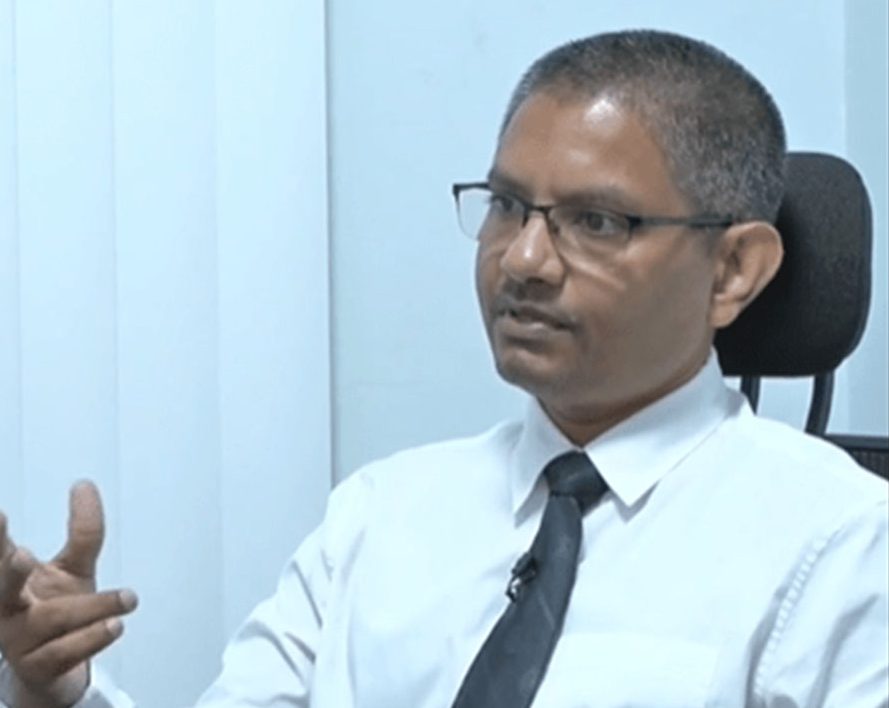With the many investments that the government has been putting into the country’s healthcare system, Guyanese have been assured that the sector is well-equipped to diagnose and treat any stage of prostate cancer.
Speaking on the recent episode of the Ministry of Health’s ‘Health Matters’ programme aired on its Facebook page, urologist attached to the Georgetown Public Hospital Corporation (GPHC) Dr Rajendra Sukhraj said the medical institution is well-prepared to handle all stages of cancer.
“It is very important that if we are screening men and making a diagnosis then we should be able to offer them the treatment that they need. So, yes, we do offer treatment for all stages of prostate cancer,” Dr Sukhraj said, according to the Department of Public Information (DPI).
He added that surgery for the first stage of prostate cancer is available in the public domain and is free of cost.
The urologist further said that excellent treatment options are also available for the other advanced stages of the cancer. He said that in these cases, most of the treatments are hormonal, and so they are quality tablets and injections that are available at the facility to control the cancer.
“We also have radiation available, there are different forms and techniques of radiation…and those are the curative treatment options. In special circumstances, we will also offer chemotherapy which is available locally,” Dr Sukhraj explained.
Over time, he said that newer medications and advanced technological services will also become accessible.
The urologist urged all men who may have been diagnosed with the disease to use the well-established and internationally accepted treatment options that are available in the country.
He advised them to desist from using self-proclaimed and homemade medications that can cause the severity of the cancer to increase to another stage.
The doctor also urged men between the ages of 40 to 50 years old to get screened, noting that early detection saves lives.






